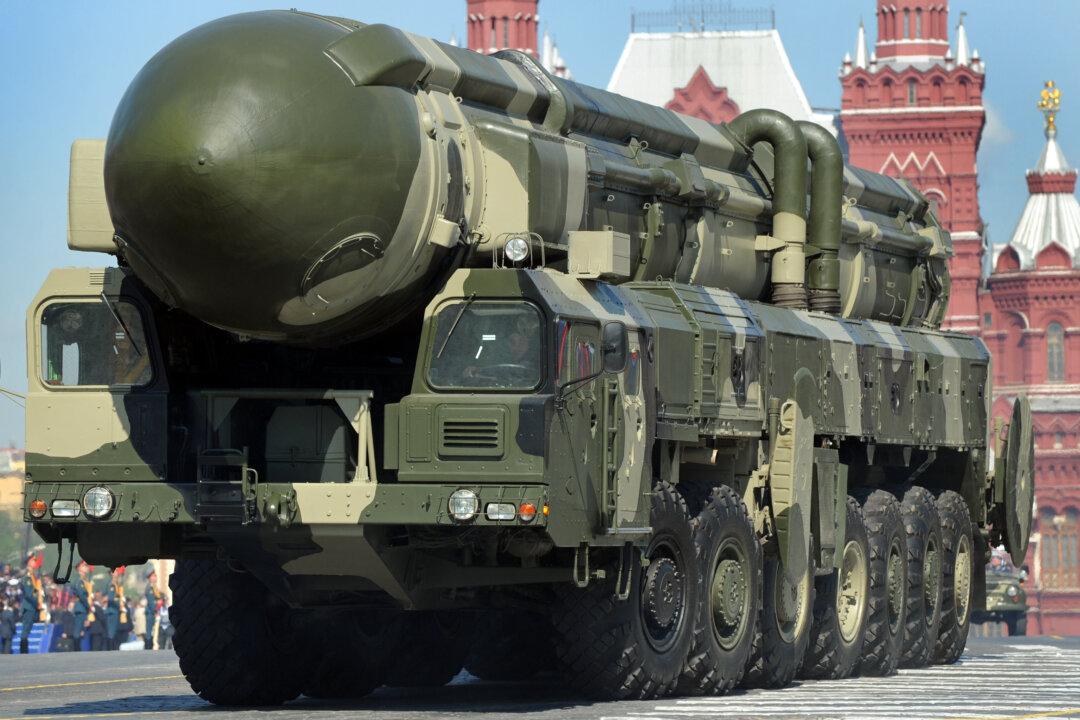Even through the most fractious days of the Cold War, the United States and the Soviet Union, and its successor Russian Federation, maintained compliance with nuclear arms accords and sustained contact in negotiating new treaties.
But Russia’s February 2022 invasion of Ukraine changed all that, with Moscow now refusing to decouple strategic arms control treaty compliance from U.S. support for the embattled nation.
“We are essentially in a situation of hostage-taking,” said Hanna Notte, a senior research associate at the Vienna Center for Disarmament and Non-Proliferation.
Notte asserted that Russia has “ceased to compartmentalize” nuclear arms agreements “as ransom” to force the United States into backing away from its support of Ukraine.
That’s not going to happen, according to Cara Abercrombie, deputy assistant to the president and coordinator for defense policy and arms control for the White House National Security Council.





